A new year of enrollment increases and new opportunities to meet growing demand
Welcome to academic year 2025-2026 at William States Lee College of Engineering
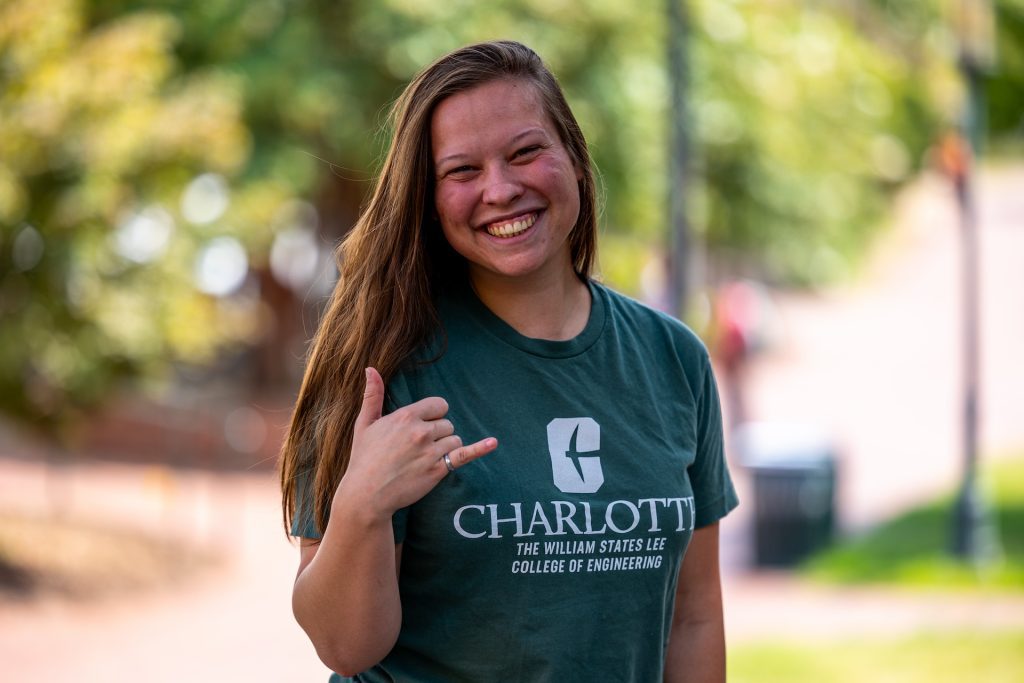
August 19, 2025
UNC Charlotte’s William States Lee College of Engineering enters the 2025-2026 academic year with record-breaking enrollment, an expanded leadership team, nearly 30 new faculty and staff and new academic opportunities including an aerospace concentration.
INCREASING STUDENT ENROLLMENT
The new academic year brings nearly 49% more new Niner Engineers than last year, demonstrating growing demand for Charlotte engineering degrees. Both first-year and overall student numbers in 2025 break college records with highest ever enrollment. The academic demand reflects the growth of Charlotte itself as the 4th fastest growing city in the U.S., setting the university apart from all others in North Carolina. The student enrollment in Charlotte engineering also surpasses goals set by the NC Legislature in “Engineering North Carolina’s Future” initiative, displaying the success of state investment in Charlotte programs.
STRENGTHENING LEADERSHIP
Rob Keynton, dean of the W.S. Lee College of Engineering, has brought new as well as familiar faces onto the leadership team, strengthening the college with even more expertise and strategic insight.
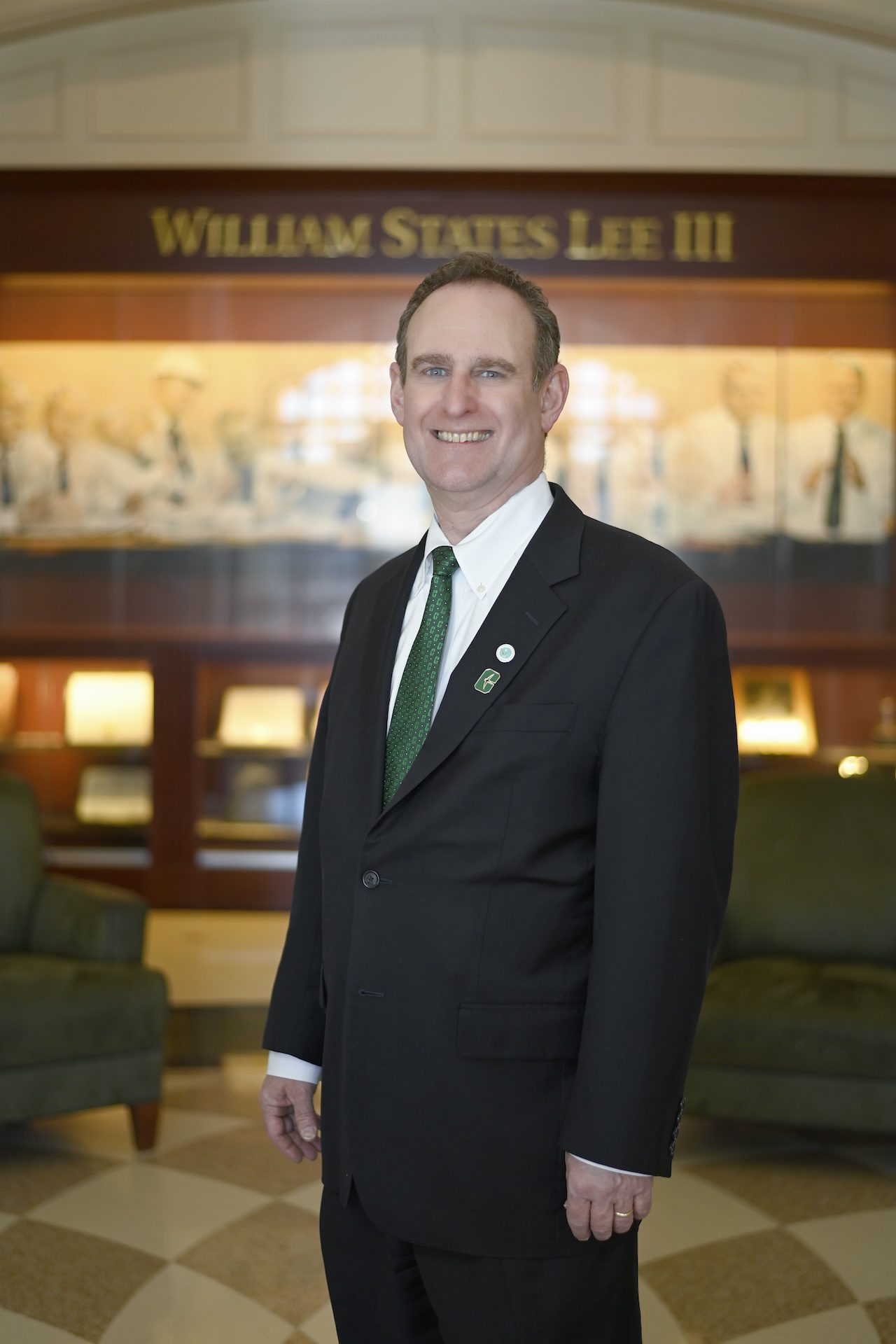
“I am honored to welcome all the faculty, staff and students to our college for the new academic year. We have an outstanding group of new faculty joining the college, many of whom are internationally renowned in their fields of research. I am also pleased to have excellent leaders join our administrative team: Drs. Nasipuri, Sun and Zhu. Our upward trajectory continues as evidenced by our enrollment, research funding and philanthropic growth.”
– Dean Rob Keynton
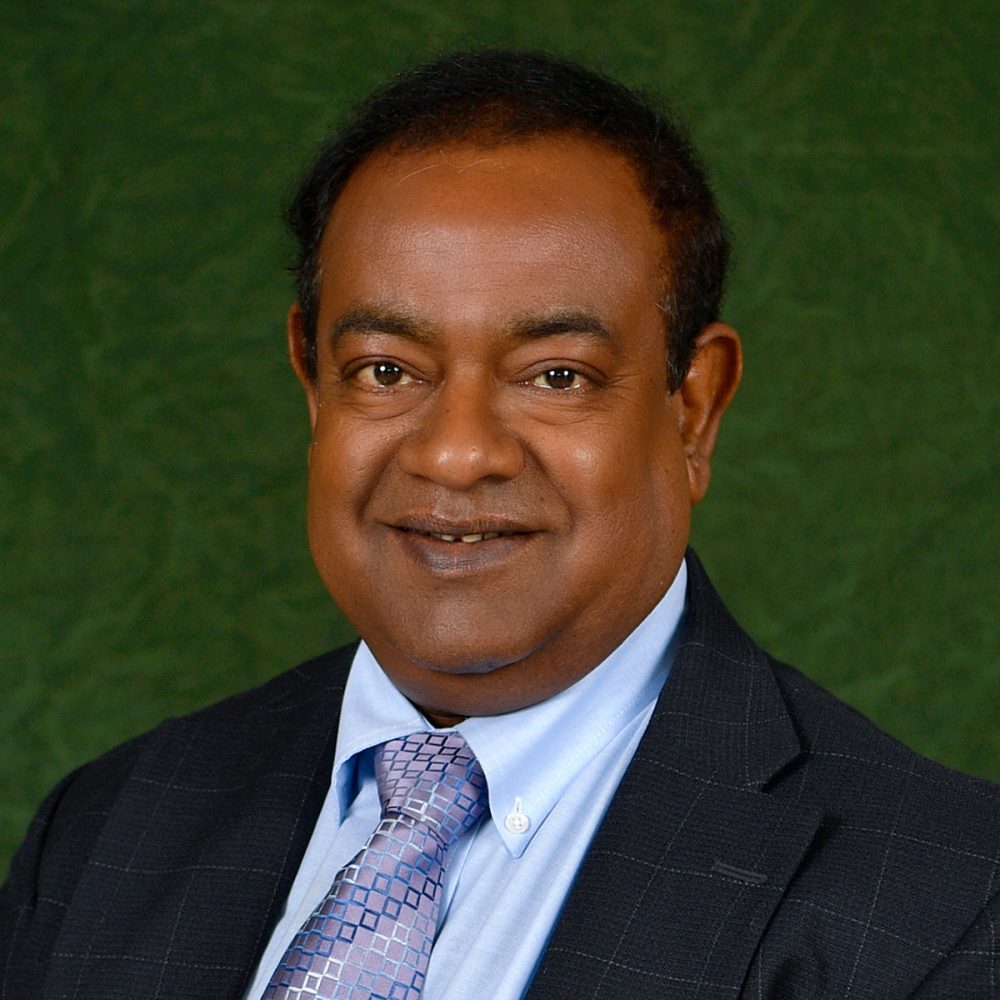
Asis Nasipuri, professor of Electrical and Computer Engineering, has served as Chair of the department since 2015. Beginning Summer 2025, he is serving as the first Associate Dean for Faculty Affairs for the W.S. Lee College of Engineering. With a research background in communication and wireless networks, Nasipuri has earned several recognitions, including serving as the President of the South Eastern Electrical and Computer Engineering Department Heads Association, General Chair of ACM MobiHoc’12, editorial board member of IJAHUC and more. Twenty five years among Charlotte’s engineering college faculty provide Nasipuri deep perspective and many relationships he can leverage in the role of associate dean of faculty affairs.
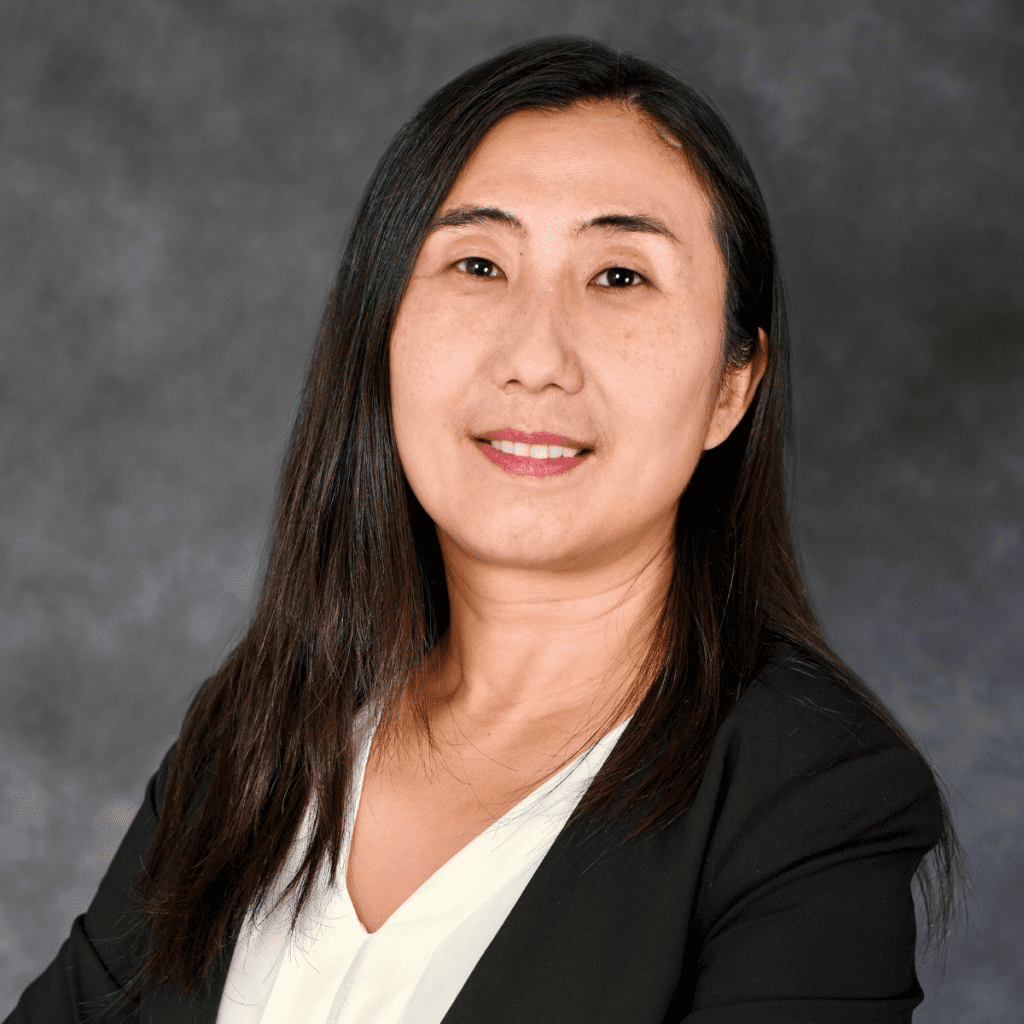
Ying Sun is welcomed as the new chair of the Department of Mechanical Engineering and Engineering Science. She joins UNC Charlotte from the University of Cincinnati, where she was the Herman Schneider Professor of Mechanical Engineering and Director of Research and Strategic Initiatives for the College of Engineering and Applied Science. An internationally recognized expert in thermal-fluid sciences, Sun is an elected Fellow of both the American Physical Society and the American Society of Mechanical Engineers. She also currently serves as an Associate Editor for the ASME Journal of Heat and Mass Transfer and leads two NSF-funded initiatives: an REU Site on Zero Emissions and an IRES Site on Semiconductor Manufacturing in partnership with Taiwan.
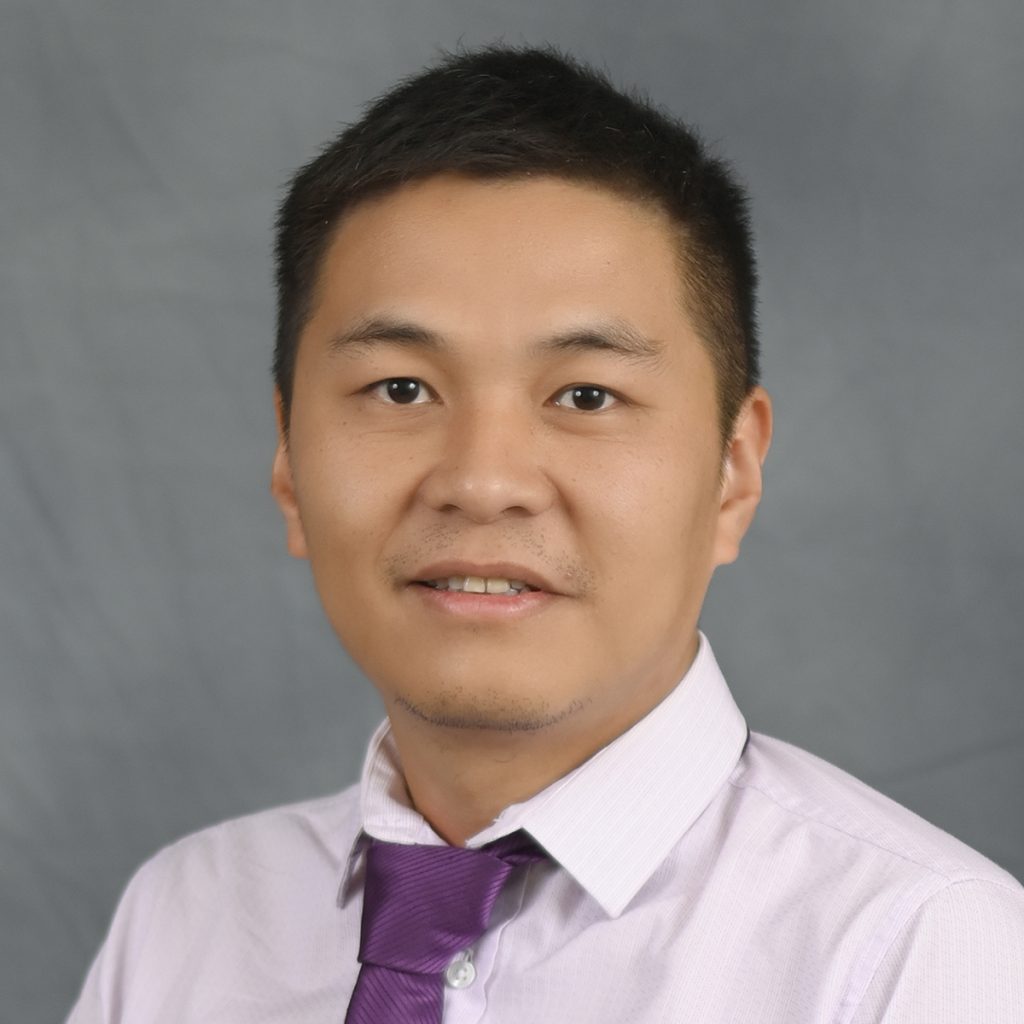
Qiang Zhu, associate professor of mechanical engineering, has been appointed as the interim director of the North Carolina Battery Complexity, Autonomous Vehicle and Electrification Center, the BATT CAVE. Zhu’s research interests include computational modeling, informatics and materials science as he investigates materials’ structure-property relation. As interim director, Zhu will guide battery technology and autonomous vehicle research which is driven by a broad team of faculty experts. BATT CAVE is the only university-led battery research center in North Carolina.
EXPANDING TEACHING AND RESEARCH TALENT
Twenty-seven new faculty and staff members are welcomed to the college with the beginning of the fall semester. Each academic department, the Office of Student Development and Success and the Energy Production and Infrastructure Center are adding new talent. The new Niner Engineers will play an integral role in educating the next generation of entrepreneurial-minded leaders, while also contributing to new advances in research and discoveries.
Joining the College in 2025:
Department of Civil Engineering
- Carlos Gonzalez-Calderon, Assistant Professor
- Maria Guimaraes Biagini, Teaching Assistant Professor
- Kelsey Pieper, Assistant Professor
- Aivars Vilguts, Assistant Professor
Department of Mechanical Engineering and Engineering Science
- Lynnora Grant, Assistant Professor
- Nan Zhao, Assistant Professor
Department of Electrical and Computer Engineering
- Angelo Gaitas, Associate Professor
- Anni Li, Assistant Professor
- Shahed Khan Mohammad, Assistant Professor
- Fariborz Lohrabi Pour, Assistant Professor
Energy Production and Infrastructure Center, EPIC
- Christina Kopitopoulou, Assistant Director, External Partnerships and Special Projects
Department of Engineering Technology and Construction Management
- Ankit Agarwal, Assistant Professor
- Gongfan Chen, Assistant Professor
- Xuyang Li, Assistant Professor
- Macy Penland, Academic Advisor
- Matt Westbrook, Professor of Practice
- Yunchao Xie, Assistant Professor
Office of Student Development and Success
- Rohini Abhyankar, Teaching Assistant Professor
- Yi Cao, Teaching Assistant Professor
- Joshua Dickenson, Teaching Assistant Professor
- Robert Loweth, Teaching Assistant Professor
- Junqiu Wang, Teaching Associate Professor
Department of Industrial and Systems Engineering
- Zheming Gao, Assistant Professor
- Fenglian Pan, Assistant Professor
- Lingxiang (Albert) Yun, Assistant Professor
SETTING UP STUDENTS FOR SUCCESS
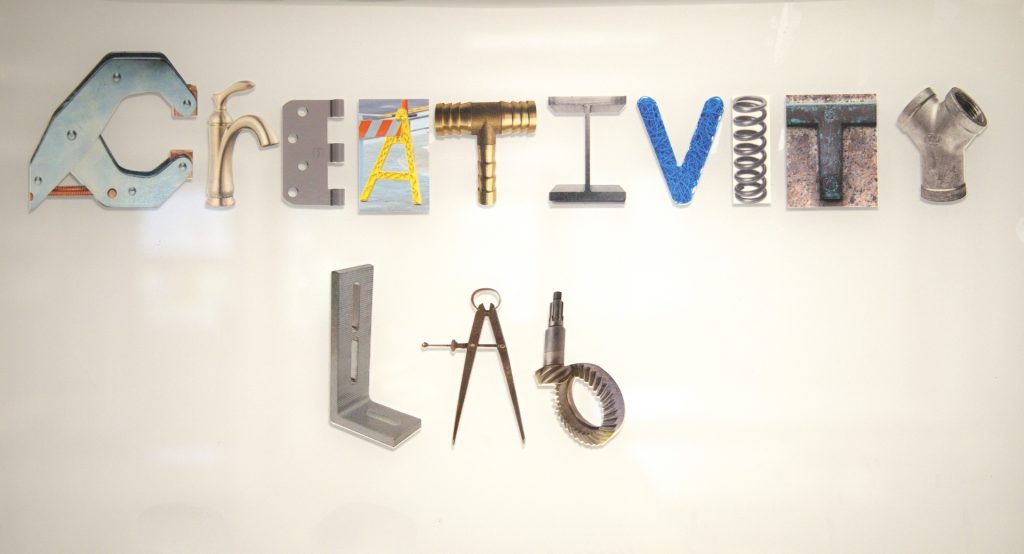
Beginning fall 2025, first-year engineering students will experience the new “common first year” curriculum and classrooms. The common foundational courses allow each student to learn core skills in problem definition, logical evaluation and solution formulation, helping them make a more informed decision of their area of interest. This approach to college entry is designed to set the students up for success by providing them more flexibility on when they declare their major. Learn more about the new engineering common first-year curriculum.
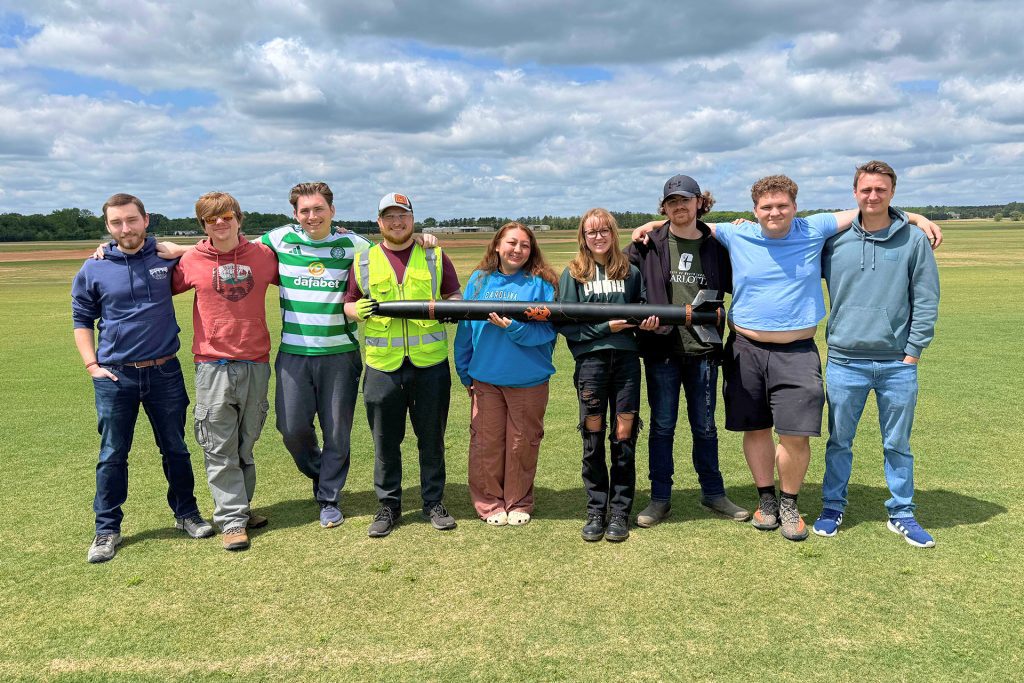
In addition, Charlotte has unveiled its newest academic concentration for mechanical engineering students: the aerospace concentration. This formal area of study will complement the college’s already established award-winning talent in the field, including several top awards in the NASA Student Launch Challenge.
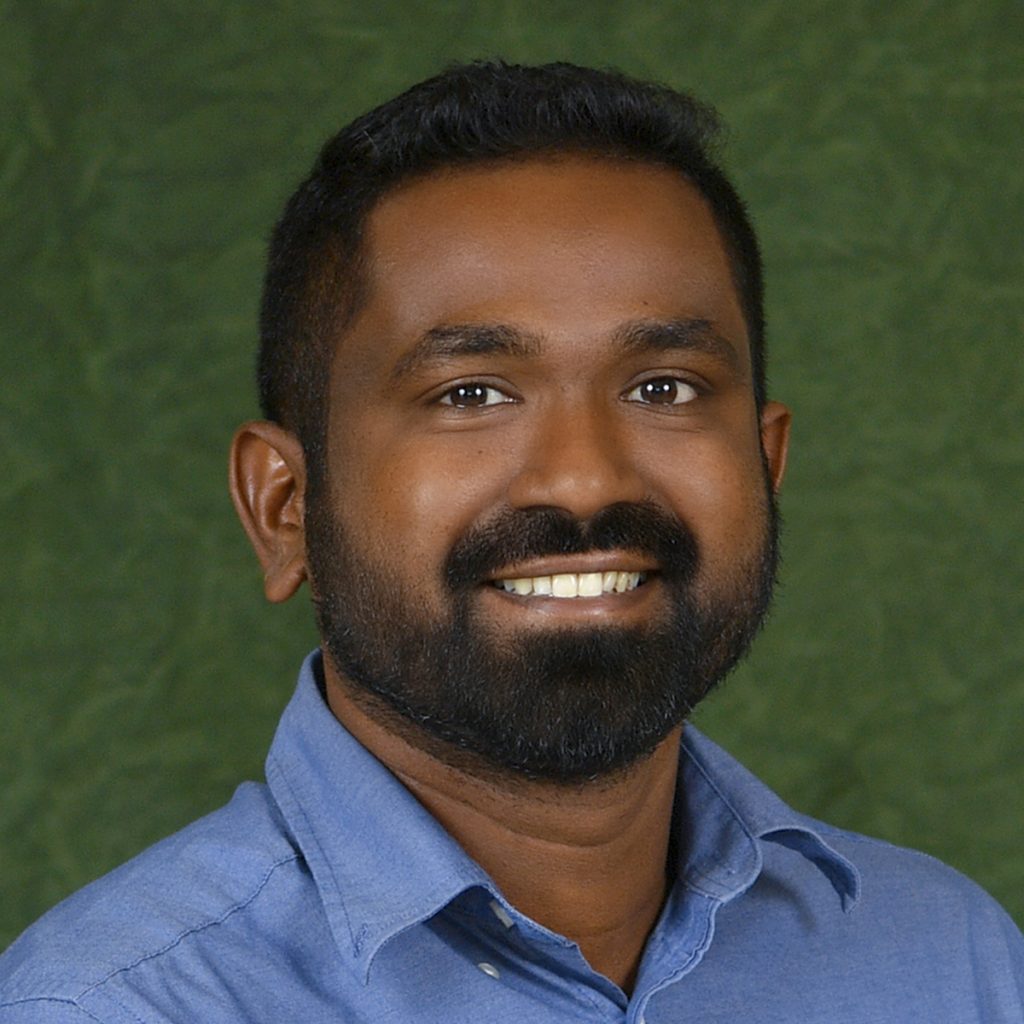
Vishnu Babu will serve as the point of contact for the new aerospace concentration. “Niner Engineers have been achieving top competition awards for nearly a decade without an aerospace concentration. Now with a formal academic program, we look forward to growing interest in the field and even more career opportunities for students in the aerospace industry.”
Updated: 9/4/25